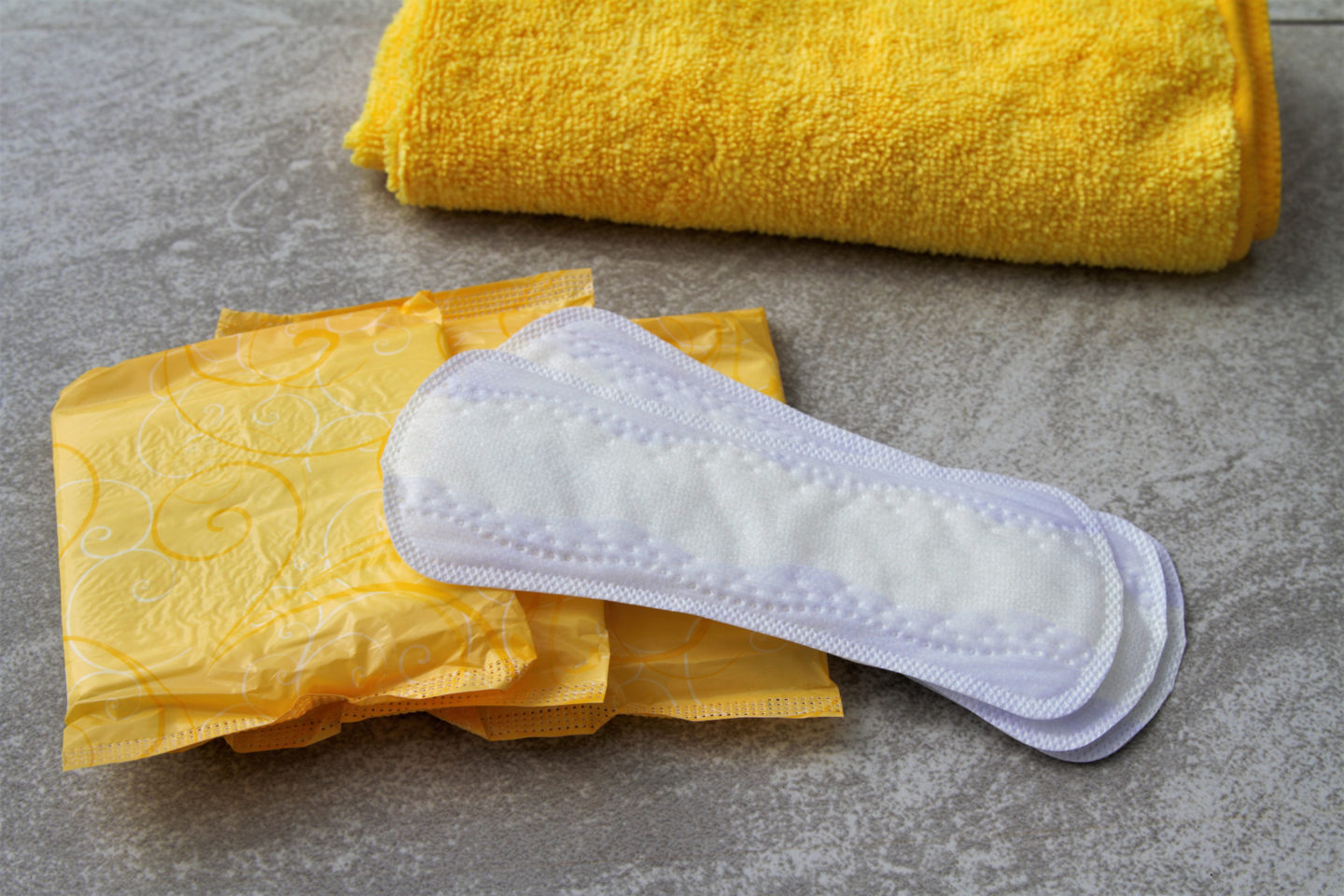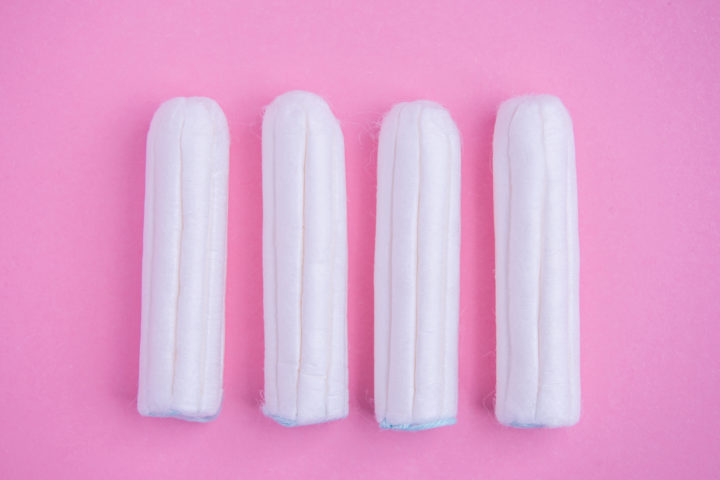The Menstrual Equity for All Act of 2017, introduced by U.S Representative Grace Meng, would improve access to menstrual hygiene products and categorize them as necessities.
Currently, menstrual products are considered “luxury items,” and in most states are taxed as such. Representative Meng’s legislation found that, when tallied, a woman could spend an estimated $2,500 in her lifetime on tampons alone.
“Menstrual hygiene products are not ubiquitous and cheap, despite what popular culture would have us believe,” states Rep. Meng. “Although most women use these products, many struggle to afford or access these essential items. This is unacceptable.”
If passed, the legislation would make menstrual products more accessible for the groups that need it the most, like women in low-income areas or those who are living in homelessness. Currently, over 50,000 women nationwide are living in homelessness and are unable to have sanitary options for their monthly menstrual cycle.
According to the legislation, grant funds from the Emergency Food and Shelter Grant Program would be funneled into a budget that would be used to make menstrual hygiene products publicly available. The legislation would also move to require each state to provide menstrual hygiene products to female inmates at no cost.
The current lack of access to tampons, pads, and other products creates a safety hazard for women in the most at-risk situations.
Diandra Kalish of UnTabooed, a non-profit organization providing reusable menstrual products to both low-income and homeless women, stated, “UnTabooed has helped me see just how many people really cannot afford menstrual products. It could be anyone that you interact with.”
She continued, “Not recognizing menstrual products as necessities totally fails us because it stigmatizes them more. Instead of thinking of a menstrual product as just another thing you see in the bathroom, they are hidden and snuck into the bathroom.”
Incorporating menstrual products into the workplace would also be a facet of Meng’s legislation, as the Menstrual Equity for All Act would, “direct the Secretary of Labor to require employers with 100 or more employees to provide menstrual hygiene products to their employees free of charge.”
Affirming women in the workplace have access to tampons and pads eliminates concern surrounding whether or not they’re prepared when their menstrual cycle begins, and sets a standard for making these products readily available everywhere.




comments